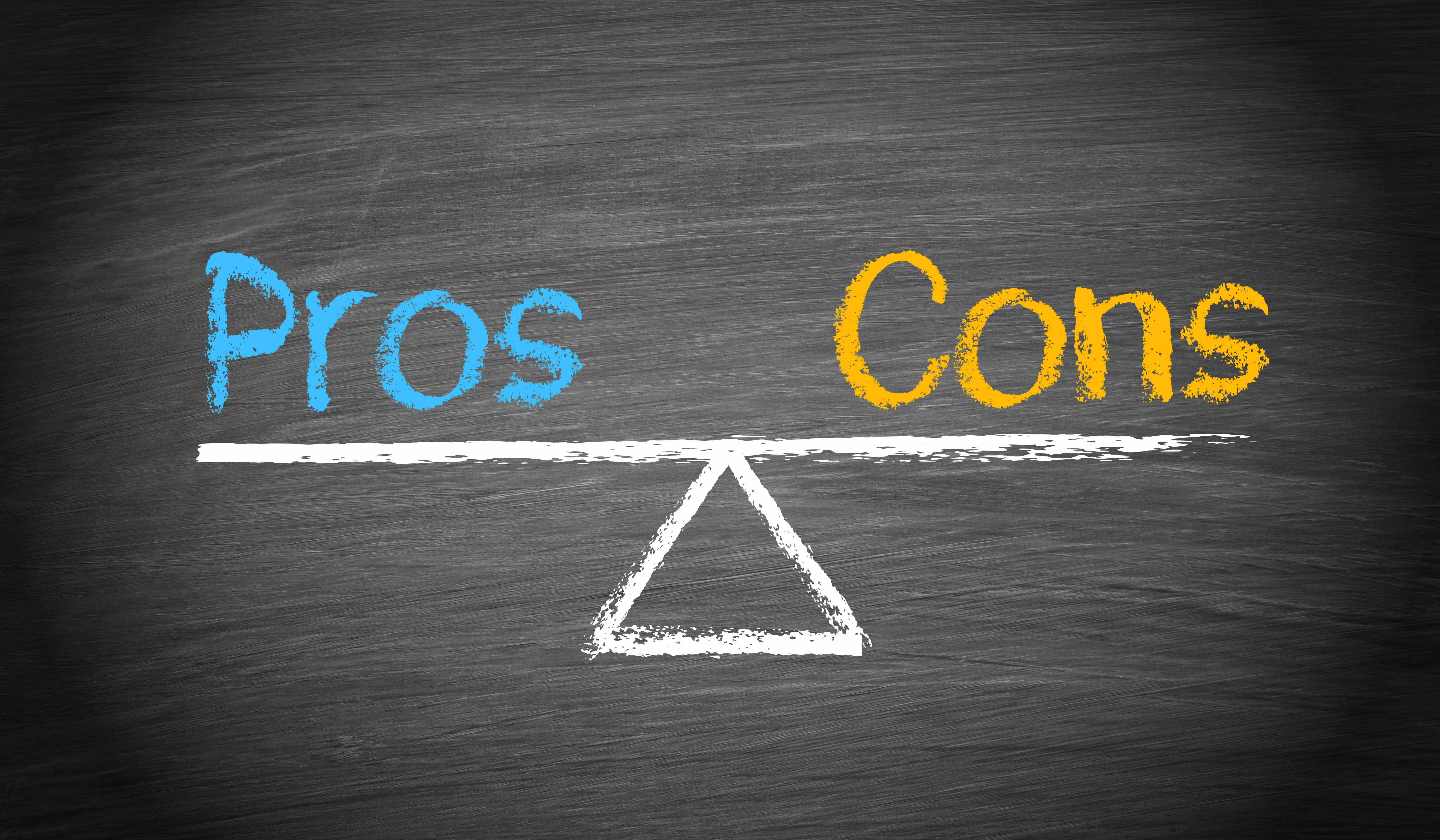
Posted on March 01, 2020
Decades ago, when I was a senior at Duke, it occurred to me from time to time that I should quit smoking. The Surgeon General’s first report on the hazards of smoking had been published a few years earlier, but I was still puffing away.
Like many smokers, I had my reasons. I enjoyed smoking. I thought it helped me relax, and I feared I’d gain weight if I stopped. There in the heart of tobacco country, others weren’t rushing to quit, so I felt no pressure. I couldn’t quite dismiss the Surgeon General’s report the few times it came to mind, and I’d even noticed that the more cigarettes I smoked the less I enjoyed each one, but neither of these was enough to make me quit. Little did I realize at the time that I was in the “pre-contemplation” stage, the first stage, of habit change.
Thanks to the work of James O. Prochaska, PhD and other behavioral psychologists, I now know that people in the pre-contemplation stage are those who sense on some level that they should change but don’t plan to do so in the next six months. Their attitude might be “I won’t,” perhaps because a family member or doctor wants them to change, which conflicts with the human desire for autonomy. Or they might deny they have a problem. Others say “I can’t” because they lack confidence in their ability to change or don’t know where to start. My attitude was “Not now.”
Sometimes people stay in pre-contemplation a long time, and that’s what I did. I could have moved on sooner had I understood how to tilt the decisional balance between the pros and cons of giving up cigarettes. I might have considered in detail the pros of quitting – the body systems I was harming, the cancers I was risking, the expense, and more – and stacked them up against the cons, which were few in number. I might still have felt some ambivalence, but I may have moved on sooner to the next stage of change, “contemplation.”
My decisional balance didn’t shift until years later, when I was an attorney working at a large New York law firm. I was smoking more but enjoying it less. I noticed that smoking did little to relieve my stress and prevent weight gain. Plenty of smokers still surrounded me, but my two closest friends were non-smokers. I sometimes felt revulsion when I looked at my ashtray at the end of a day and saw a pile of stinky cigarette butts. On top of that, smoking was more expensive than when I started, and it was a nuisance, too. I entered into the “contemplation” stage, the “I may” stage, of change as I thought about quitting within six months.
Then I met my future husband and became engaged. I could see how much he worried about my smoking, and for the first time I thought about how my smoking affected someone else. Adding this consideration to my other reasons for quitting was all I needed to move into the “preparation” stage of change. I told my fiancé I wanted to quit within a month. Together he and I planned a trip to Greece to get me started on my new path in a new environment.
The day we left for Greece was my first day in the “action” stage of change. We soon realized we had naively overlooked the fact that nearly everyone in Greece smoked! Despite this unexpected challenge and some discomfort and irritability on my part, I made it through the two-week trip without smoking (and with my fiancé still willing to marry me).
Once home, I thought through all the smoking triggers in my workday and armed myself with chewing gum and mints when I went back to work. By this time, the nicotine had left my system and I was able to cope better than expected. I was beginning to see myself as a non-smoker, and I wanted my behavior to align with that image. Having my fiancé for support and using stimulus control made all the difference. I took it day by day, and by the time I got married, I hadn’t smoked in over six months, which put me into the “maintenance” stage of change. Today I have been tobacco-free for more than forty years.
In my health coaching, I sometimes see people jump into action without doing much mental prep work. New Years resolutions tempt us to do this, but it happens other times, too. Whether you’re working with a coach or are a “self-changer,” make sure you invest time in carefully thinking through the pros and cons of the change you’re considering. See if you can increase the pros and decrease the cons of change. If your unwanted habit has been serving you in some way, explore other ways to meet that need. Notice how your health affects others. Think about the long-term financial costs of your habit. Picture your future self if you don’t change and if you do. Think about who could support you in making the change.
This process takes patience and self-compassion. Once we decide to change, it’s normal to see the undesired habit as a bad thing, to want to get rid of it right away so we feel better about ourselves. You don’t need to take years like I did to think things through – and I hope you won’t – but making time to do the mental pre-work could save you time, energy and disappointment. I believe you’ll find it’s worth it.